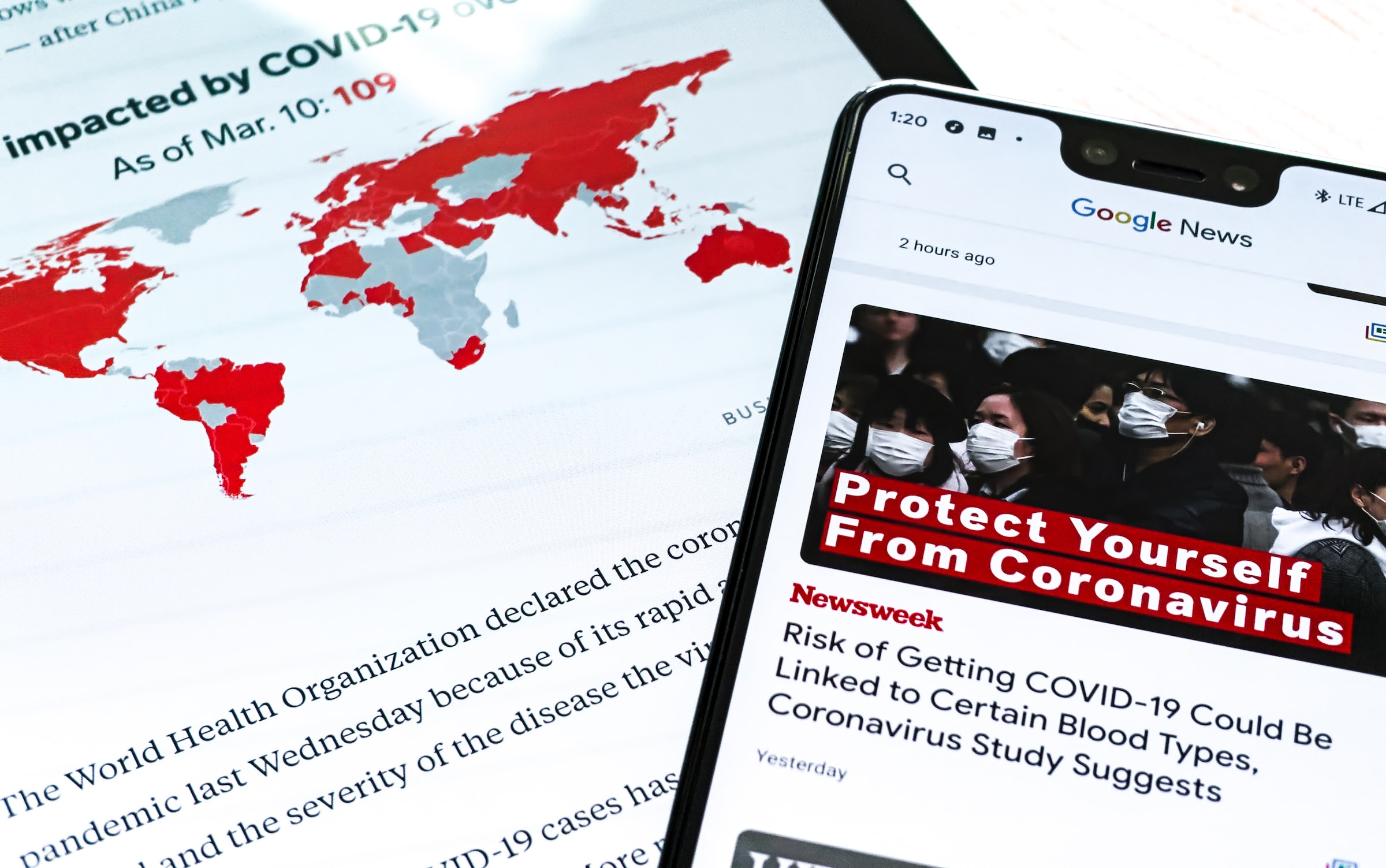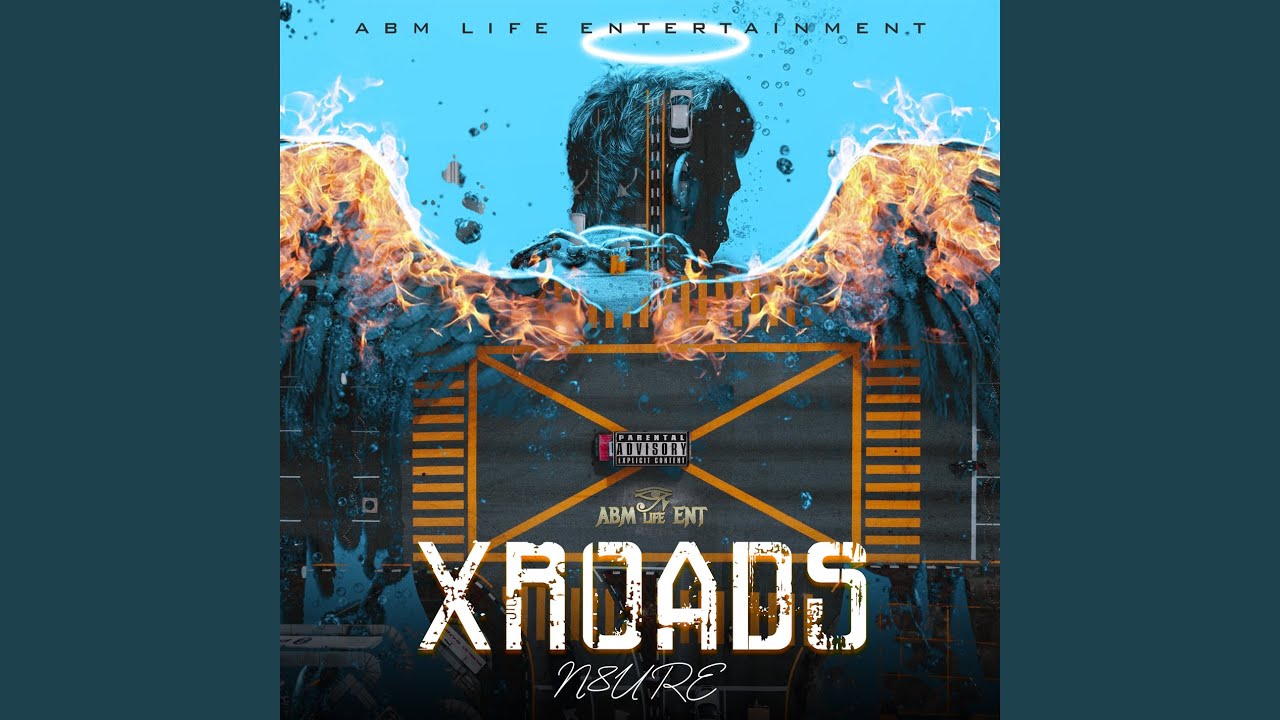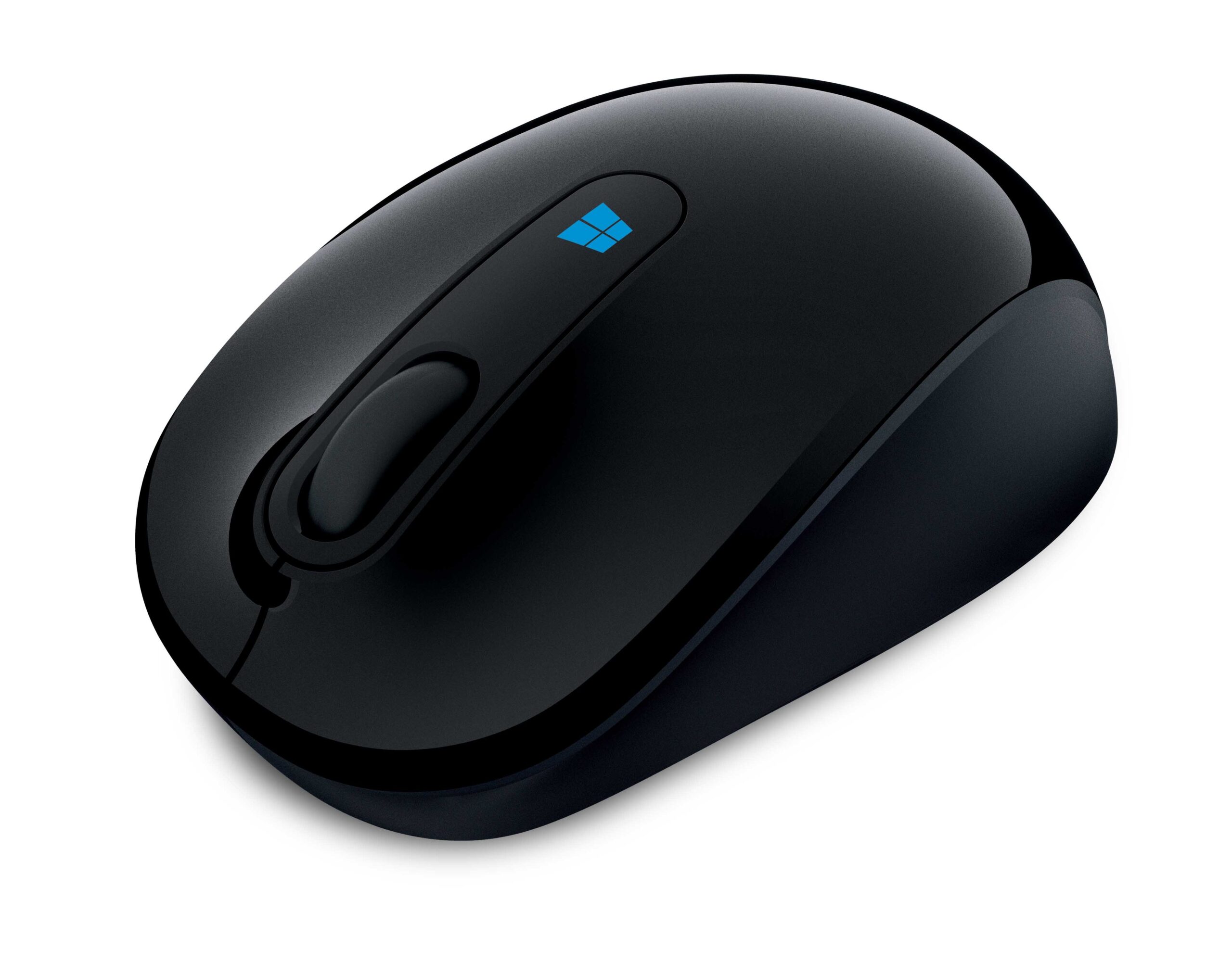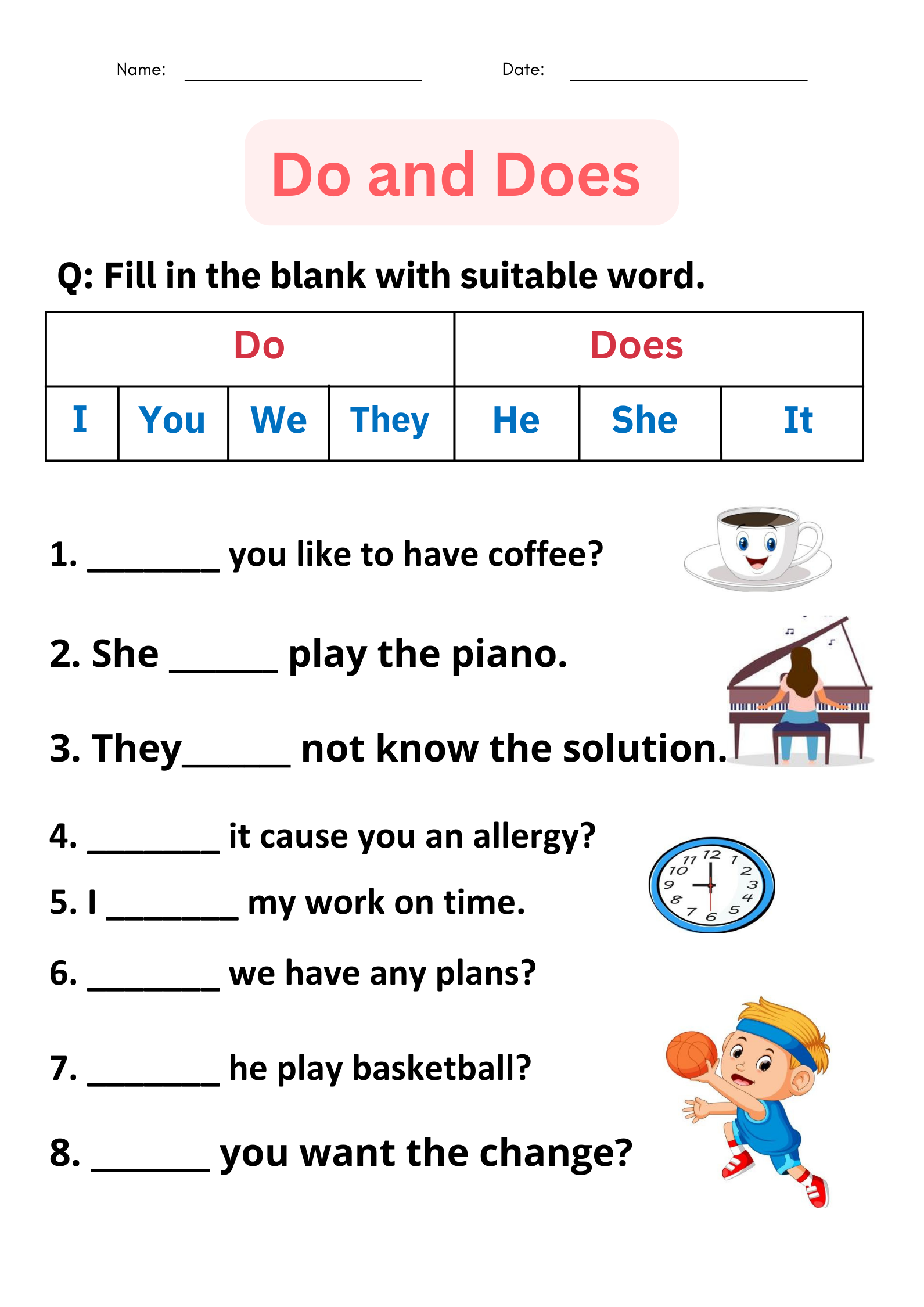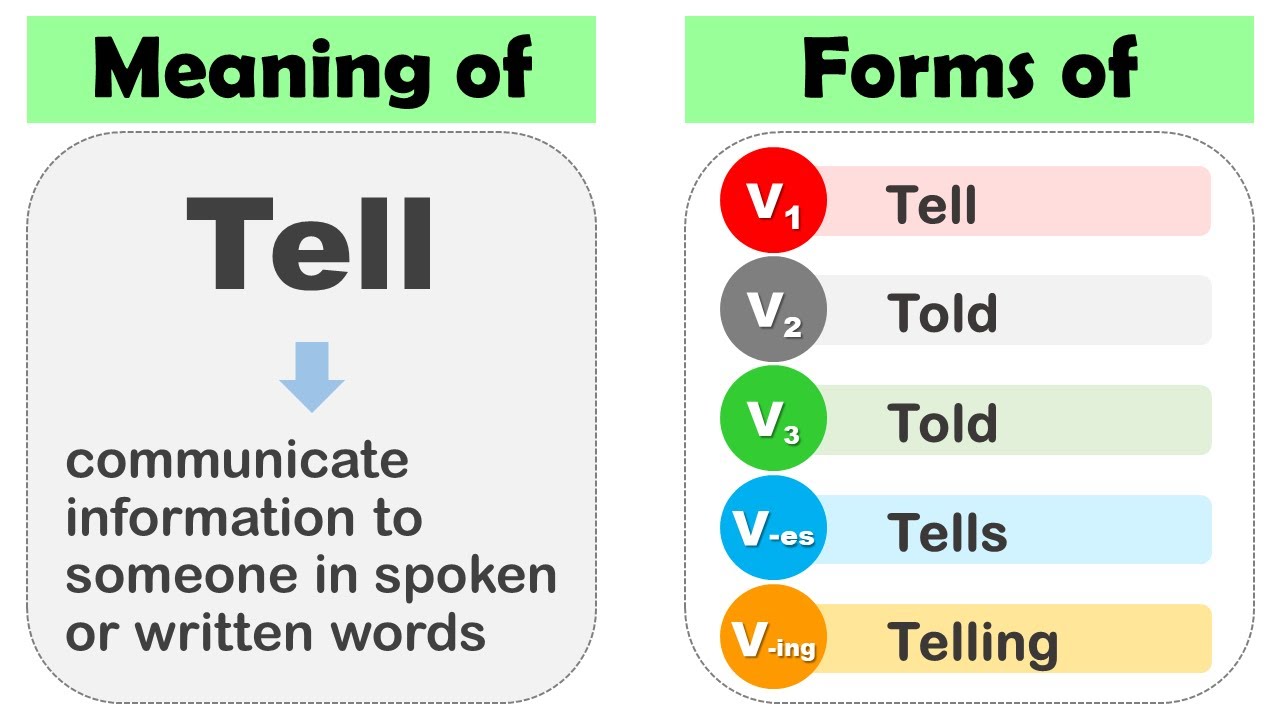How to Read News: Essential Skills for Critical Media Consumption
Understand the modern news landscape
Read news efficaciously require more than merely scan headlines or watch brief segments on television. The digital age has transformed how information reach us, create both opportunities and challenges for stay inform. Develop strong news literacy skills help you navigate this complex environment while make inform decisions about the world around you.
The sheer volume of information available can feel overwhelming. Every day bring countless articles, videos, podcasts, and social media posts claim to deliver important news. Learn to read news strategically allow you to stay informed without becoming consume by information overload.
Evaluate source credibility
The foundation of effective news consumption begin with understand source credibility. Establish news organizations typically employ professional journalists who follow ethical guidelines and fact check procedures. These outlets commonly maintain editorial standards and correction policies when errors occur.
Look for news sources that intelligibly separate news reporting from opinion content. Reputable organizations label opinion pieces, editorials, and analysis sections clearly from straight news reporting. This transparency help you understand when you’re read factual reporting versus someone’s interpretation of events.
Check the author’s credentials and expertise. Professional journalists oftentimes specialize in specific beats like politics, science, or international affairs. Their background and experience in cover particular topics can indicate the reliability of their reporting.
Consider the publication’s funding model and ownership structure. News organizations fund through subscriptions, donations, or diverse advertising may have different incentives than those rely on single funding sources or own by individuals with specific agendas.
Identify bias and perspective
Every news source carry some degree of perspective, which isn’t inevitably problematic when you understand it exist. The key lie in recognize bias quite than expect wholly neutral reporting, which seldom exist in practice.
Pay attention to language choices in headlines and articles. Emotionally charge words, load phrases, or sensational language may indicate bias or attempts to influence your reaction kinda than merely inform you. Compare how different sources describe the same events to identify variations in framing.
Notice which stories receive prominent placement and extensive coverage versus those that receive minimal attention. Editorial decisions about story prominence reflect the publication’s priorities and can reveal underlying biases.
Consider the selection of sources quote in articles. Balanced reporting typically include multiple perspectives, particularly on controversial topics. Be wary of articles that solely quote sources support one viewpoint or that use anonymous sources without clear justification.
Develop critical reading habits
Effective news reading start before you yet open an article. Headlines frequently contain the about important information, but they can besides mislead or oversimplify complex situations. Read beyond headlines to understand the full context of stories.
Focus on the lead paragraphs, which typically contain the virtually essential facts follow the journalism principle of the invert pyramid structure. Professional news write places the about important information betimes in articles, allow you to cursorily grasp key details.
Distinguish between break news and develop stories. Initial reports frequently contain incomplete or inaccurate information that gets correct as more facts emerge. Follow up on important stories over time provide a more complete picture than rely only on first reports.
Question the timing of news releases and articles. Some stories are strategically time to influence public opinion or distract from other events. Understand context about when and why information become public can provide valuable insights.
Fact checking and verification
Develop personal fact check habits strengthen your ability to consume news critically. When encounter surprising or significant claims, look for corroboration from multiple independent sources before accept information as factual.
Primary sources provide the near reliable information. Government documents, scientific studies, court records, and direct statements from involved parties offer more credibility than second hand reporting or interpretation.
Professional fact check organizations like slopes, factcheck.org, and political can help verify specific claims, especially those circulate on social media. These organizations employ rigorous methodologies to investigate questionable information.
Be particularly cautious with statistics and data present in news articles. Numbers can be accurate but misleading depend on context, timeframe, or comparison points use. Look for information about methodology, sample sizes, and potential limitations when evaluate statistical claims.

Source: njea.org
Manage information overload
Stay inform doesn’t require consume every piece of available news. Develop a strategic approach to news consumption help you stay knowledgeable without become overwhelmed or anxious.
Choose a limited number of trust sources preferably than try to follow dozens of outlets. Quality matter more than quantity when build your news diet. Select sources that cover different perspectives and geographic regions relevant to your interests and needs.
Set specific times for news consumption instead than always check updates throughout the day. This approach help you stay informed while maintain productivity and mental advantageously being. Many people find morning and evening news sessions sufficient for stay current.

Source: internationalschooling.org
Focus on stories with lasting significance instead than every minor development. Major policy changes, scientific breakthroughs, and significant global events deserve more attention than daily political drama or celebrity news.
Understand different types of news content
Modern news organizations produce various types of content serve different purposes. Understand these distinctions help you consume information more efficaciously and set appropriate expectations.
Break news provide immediate information about develop situations but oftentimes lack context and complete details. These reports serve an important alert function but shouldn’t be your only source of information about significant events.
Feature articles and investigative pieces offer deeper analysis and context about important topics. These longer form pieces typically provide more comprehensive understanding than daily news reports but may take weeks or months to produce.
Opinion content, include editorials, op eds, and analysis pieces, offer interpretation and perspective quite than straight report. This content can provide valuable insights but should be distinctly distinguish from factual reporting in your mind.
Wire service reports from organizations like associated press, Reuters, and Bloomberg provide factual reporting that many news outlets republish. These sources frequently offer reliable, straightforward reporting without additional editorial perspective.
Navigate social media news
Social media platforms have become major sources of news for many people, but they present unique challenges for informed consumption. Algorithms design to increase engagement may prioritize sensational or emotionally provocative content over important but less dramatic news.
Verify information before sharing, specially during break news situations when misinformation spread quickly. Social media’s speed can amplify false or incomplete information fasting than traditional news outlets can fact-check and correct it.
Follow journalists and news organizations direct preferably than rely exclusively on share articles from friends or general feeds. This approach provide more control over your information sources and reduce the influence of algorithmic curation.
Be aware that social media create echo chambers where you mainly see information confirm your exist beliefs. Actively seek diverse perspectives to maintain a broader understanding of complex issues.
Build long term news literacy
Effective news consumption is a skill that improve with practice and intentional development. Regular reflection on your news habits and their impact on your understanding and advantageously being help you refine your approach over time.
Keep track of how news consumption affect your mood, productivity, and relationships. Adjust your habits if you notice negative impacts on your mental health or daily functioning. Stay inform is important, but not at the expense of your overall intimately being.
Engage in discussions about current events with people who hold different viewpoints. These conversations can reveal blind spots in your understanding and help you develop more nuanced perspectives on complex issues.
Sporadically evaluate the accuracy of your trust sources by follow up on their predictions and claims over time. News organizations that systematically provide accurate, intimately source reporting deserve continued trust, while those that often publish mislead information should be approach with greater skepticism.
Consider take breaks from news consumption during especially stressful periods or when you feel overwhelmed by information. Temporary disconnection can provide perspective and prevent news anxiety from negatively impact your life.
Read news efficaciously in the modern era require active engagement, critical thinking, and strategic habits. By develop these skills, you can stay informed about important developments while maintain your mental advantageously being and make thoughtful decisions base on reliable information. The investment in build strong news literacy pay dividends in your ability to participate meaningfully in democratic society and understand the complex world around you.
MORE FROM dealdetectivepro.com
